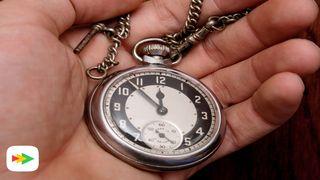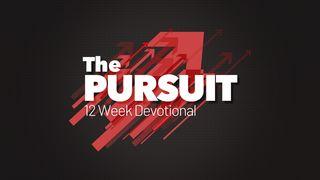I'm Just a Guy: Who's AngrySample

Righteous vs Reckless
I love coaching my kids in sports.
Over the years, I’ve had the opportunity to try many different sports as they dipped their toes into athletics. Coaching offers countless teachable moments—but one that surprised me is how it brings out anger, and not always in a bad way.
Coaching has helped me clearly see the difference between righteous and reckless anger. Maybe these reflections will resonate with your own journey.
Let’s begin with definitions. Righteous anger is rooted in a right standing before God—that’s how I remember it. It’s outward-facing, often concerned with injustice and defending others, like when I choose to stand up for the players under my care. Reckless anger, on the other hand, is inward-facing. It’s driven by ego, frustration, and pride—a leading indicator that our hearts might be off course.
From the sidelines, I’ve seen righteous anger rise when young players are torn down by overzealous dads or helicopter moms. Their harsh words—sometimes shouted from the stands—can crush a kid’s confidence in a heartbeat. In those moments, someone must stand in the gap, speaking life and encouragement both on the field and in private moments. At times, that means having tough conversations with parents—not to shame them, but to guide them toward seeing the unintended damage they’re doing. Some receive it well; others don’t. But when righteous anger stirs, doing nothing may mean missing a God-given opportunity to act.
Now let’s talk about reckless anger—and here, I’ve got a PhD.
It tends to surface when I disagree with a call from an umpire. It’s like something inside me believes this person is out to sabotage my team. I forget that these officials aren't professionals—they’re doing their best and often receive more hate than praise. Reckless anger blinds me, making me lose sight of the very people I’m supposed to lead.
Here’s the hard truth: as men, we’re wired to protect and to fight for what matters. But if we fight the wrong battles, we end up hurting the right people. That’s why I’m learning to see anger not as a weapon—but as a tool.
Jesus shows us this distinction clearly. In Mark 3, He expresses righteous anger in response to hard-heartedness and injustice. He wasn’t reckless—He was intentional and driven by truth and love. The key is discernment. That’s what separates holy boldness from harmful reaction.
So, where does this leave us?
Perhaps the right reframe is to be men who don’t run from anger—but who learn to wield it rightly. Let’s ask God to help us discern when our anger reflects His heart, and when it reflects our flesh. Because when our strength is under His control, anger can become a force for restoration, not destruction.
Reflection Questions
- What triggers reckless anger in your daily life?
- When have you stood up for someone being mistreated?
Scripture
About this Plan

Sometimes, guys feel angry and can’t even explain why. It doesn’t always make sense—but think about it: would God give us an emotion like anger without a purpose? I don’t believe so. In fact, anger can be a gift—when it's understood and handled the right way. Let’s dive in and explore how anger, when redeemed, can actually bring glory to God.
More
We would like to thank The Lion Within Us for providing this plan. For more information, please visit: https://thelionwithin.us/









